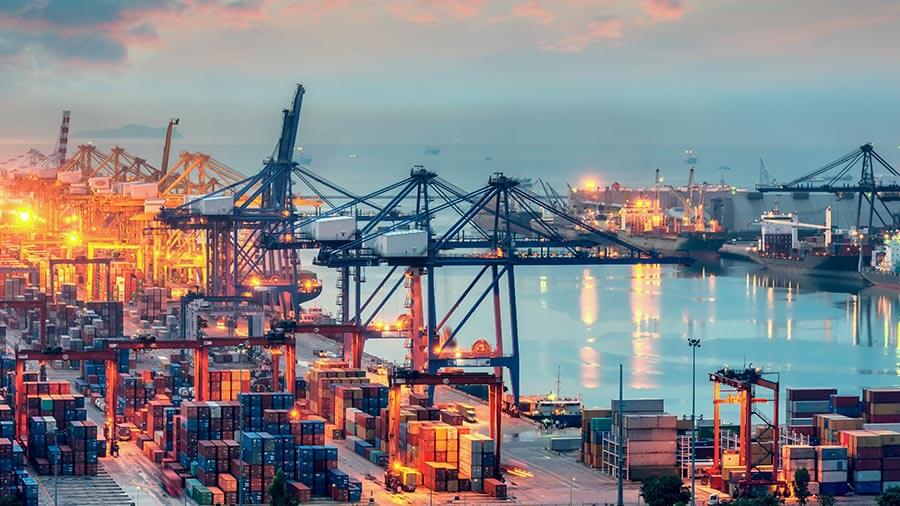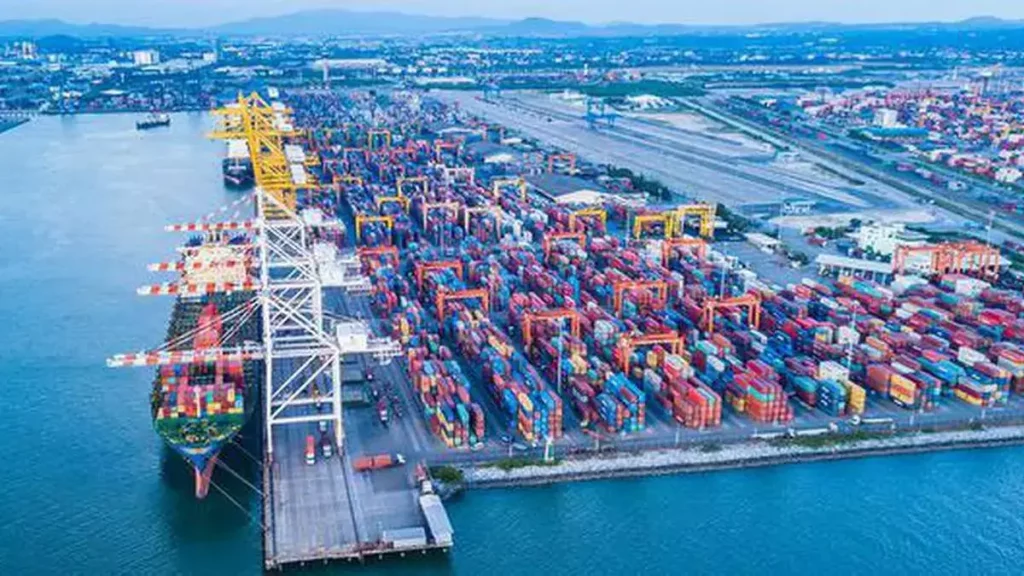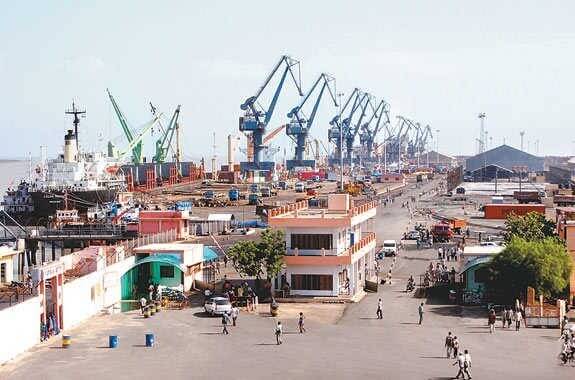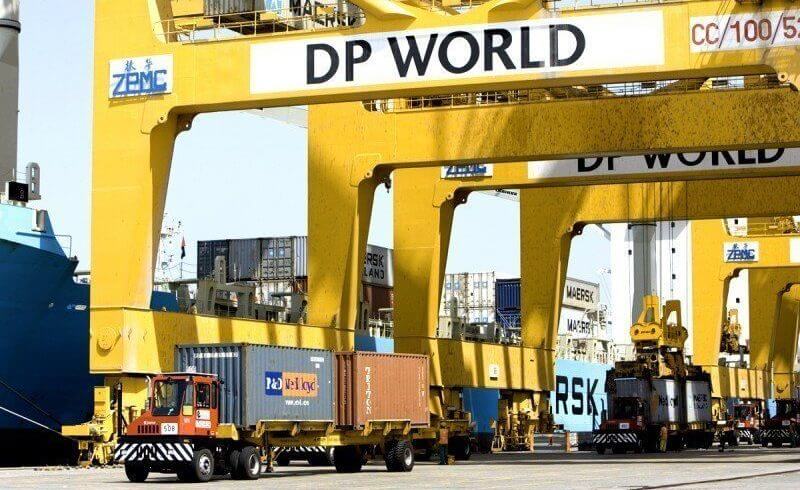Indian Ministry Of Ports Unveils Ambitious Next-Gen Container Terminal Project at Tuna Tekra, Gujarat

25th August 2023
In a groundbreaking move poised to redefine India’s maritime infrastructure, the Indian Ministry of Ports has unveiled plans for a state-of-the-art next-generation container terminal at Tuna Tekra, Gujarat. This visionary project, backed by substantial investment, is set to transform the way goods are imported, exported, and transported, cementing India’s position as a global trade powerhouse. Deendayal Port Authority (DPA) is set to sign a concession agreement with DP World, a multinational logistics company based in Dubai, for the development, operation, and maintenance of a new mega container terminal.
Tuna Tekra: Strategic Location and Significance
Tuna Tekra, strategically positioned along the Arabian Sea coast, is primed to become a pivotal gateway for international trade. The location offers direct access to key trade routes, facilitating the movement of goods to and from major markets around the world. This advantageous geographic positioning makes the terminal not only a vital link in India’s trade network but also a desirable hub for shipping lines and manufacturers eyeing the Indian market. The new terminal will cater to future trade demand from Northern, Western and Central India, connecting the regions to global markets.

Investment and Economic Implications
The Indian government’s commitment to bolstering its maritime infrastructure is evident in the substantial investment allocated to the project. With an investment of (Rs 4,243.64 crore ), the Indian Ministry of Ports aims to create a modern and efficient container terminal that can handle a significant volume of cargo. Once complete, the terminal will have annual capacity to handle 2.19 million container units (TEUs) with capability to handle next-generation vessels carrying more than 18,000 TEUs. This infusion of funds not only demonstrates the government’s determination to foster economic growth but also underscores its recognition of the crucial role that efficient ports play in realizing India’s trade ambitions.
Furthermore, the project’s economic implications extend beyond its construction phase. The terminal is poised to generate a substantial number of job opportunities in the region. From technical experts and engineers to skilled labor and administrative staff, the project’s influence on employment is anticipated to make a meaningful contribution to the local economy.

Embracing Next-Gen Technologies
At the heart of the Tuna Tekra terminal project is the integration of cutting-edge technologies that promise to revolutionize the way cargo is handled and managed. The terminal is set to be equipped with a range of advanced container handling equipment, including autonomous cranes and robotic systems. These innovations not only enhance operational efficiency but also minimize the need for human intervention, particularly significant in an era shaped by global challenges.
Moreover, the terminal will implement real-time data analytics and blockchain-based supply chain management systems. These tools will provide stakeholders with actionable insights into cargo movement, allowing for optimized decision-making and streamlined operations. The adoption of these technologies positions India at the forefront of digital innovation within the maritime sector.
Environmental Sustainability
In a world increasingly concerned about the environment, the Tuna Tekra terminal project places a strong emphasis on sustainability. The Indian Ministry of Ports has committed to incorporating eco-friendly initiatives aimed at reducing the terminal’s carbon footprint and environmental impact. From energy efficient lighting systems to efficient waste management practices, the project demonstrates a comprehensive approach to addressing ecological concerns.
Boosting Trade Connectivity
The development of the next-generation container terminal aligns perfectly with India’s broader objective of enhancing trade connectivity. The terminal’s efficient operations will contribute to reducing cargo dwell times, leading to faster turnaround times for vessels and trucks. This, in turn, will boost trade efficiency and foster greater reliability in supply chains, making India an even more attractive destination for global trade partners. The container terminal will be fully compliant with the green port guidelines ensuring sustainability in port operations by adopting best practices of port environment management contributing towards the long-term sustainability goals set out by the Government of India.
Collaboration and Execution
The Tuna Tekra terminal project is a result of collaborative efforts between the Indian Ministry of Ports, various governmental bodies, private sector partners, and international stakeholders. The planning and execution phases are characterized by meticulous attention to detail and a commitment to achieving world-class standards. This collaborative approach ensures that the project not only meets but exceeds the expectations of all involved parties.

Conclusion
The Indian Ministry of Ports’ ambitious venture to develop a next-generation container terminal at Tuna Tekra, Gujarat, marks a significant milestone in India’s maritime history. By leveraging advanced technologies, strategic location, and sustainability initiatives, the project is set to elevate India’s status as a global trade and logistics hub. As the project progresses, it promises to reshape the way goods flow in and out of India, fostering economic growth, job creation, and international partnerships. The Tuna Tekra terminal represents not only a physical infrastructure development but also a testament to India’s determination to lead in the realm of maritime innovation and trade facilitation.
Click here to join our Telegram chanel
You will get information, news, and support related to Merchant Navy.
